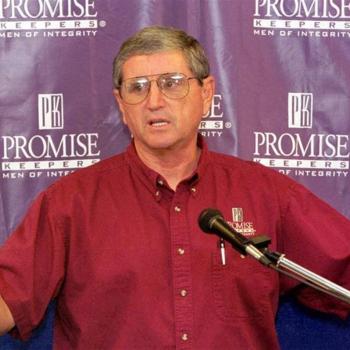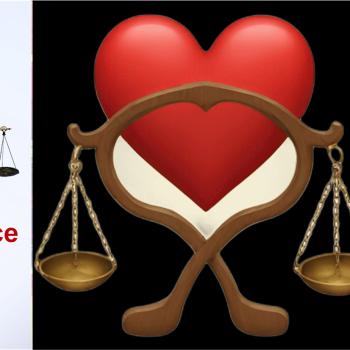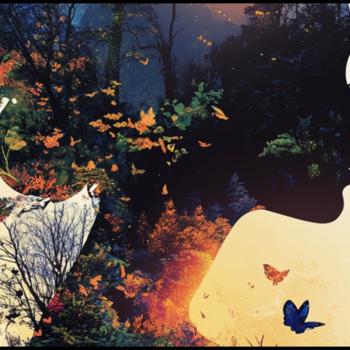So it's too bad when people do research they have no background in. I had seen that same data in the 1960s. You always find it, and it's not too surprising. There are many things that unmarried people do that they don't do when they're married and over 30. Sleeping in on Sunday morning is only one of them, and it's probably because they stay out later on Saturday nights than they do later in their lives.
You have written a great deal on Protestantism and Catholicism, but you also wrote a book on Mormonism (The Rise of Mormonism) that received a great deal of attention. You predicted a very rapid and sustained growth for Mormonism. Do you feel that Mormonism is continuing to become a world religion?
I don't know whether it has continued to grow as rapidly as before. For a long time, they sure were growing rapidly. And they were growing in accordance with some projections I had made -- projections that were not based on theoretical suppositions, but were simply straight-line projections of plausible growth rates, rates that the church was meeting.
They grow, of course, because they work hard at growing. Since they continue to work hard at growing, I would assume that they are continuing to grow. It's amazing what results you get -- in religion as in other things -- when you inspire your members to work hard at it.
What do you see as the place of Mormonism in the public eye, twenty years from now? Will it remain on the margins, or move to the center?
That's hard to say. The media are constrained as to whom they can attack. They would like to attack all religion, but there are limits. Those limits aren't there when there are Mormons to be shot at. Evangelical Protestants are safe targets, but Mormons are even safer.
However, the circumstances have greatly changed in my lifetime. When I was young, the idea of a Mormon even trying to run for the Republican Presidential nomination was unthinkable. Things have gotten better. They've gotten better out here in the West, more than they have in the South and East, largely because there are so many Mormons. Out here in the West, we all know and live alongside Mormon families. That makes a difference. You see the enormous unity on the cultural issues. And you see that they're good neighbors, who care well for their children.
You've expressed frustration in the past with how the media report on religion in America. Are the American media failing to understand everyday religious Americans?
There's something going on in the media right now that I wish I could somehow penetrate the fog. There's a woman who has a book called Angels in My Hair. (See an interview with the author here.) It's a bestseller. People are running around getting idiot psychologists to say that there are illusions here, and they find other so-called experts who say that some people have a sensitivity to the spirit world.
There's nothing weird about it. In the last Baylor survey, we asked people a series of questions about potential mystical experiences. Fifty-two percent of Americans say, "I was saved from harm by a guardian angel." Some people say, well, they didn't mean it. But I had two press conferences about the release of these findings, one in Texas and one in Washington, D.C. In each instance, a reporter from a major media outlet sidled up to me after the press conference and said, "I was saved by a guardian angel."
One, a woman, said, "I was about eight months pregnant, wearing heels, and I fell off the curb. Two hands grabbed me by the arm and pulled me back up and set me on the curb -- but there was nobody there."
I'm not going to hold any position on what happened to her. I'm talking about what she experienced and what she believed. And I believe it's true that 52 percent of Americans believe that such a thing has happened to them.
The marketplace of religious ideas is diversifying, creating greater competitive pressures on those religions that would survive. What do you see as the effects of this increasing religious diversity?
What I see is that the American model is spreading.
Europeans have always marveled at how religious Americans are, but the reason Americans are so religious is because in an unregulated situation all kinds of different denominations will appear, with each one trying to appeal for support. The marketplace will shake these out, so that you will slowly evolve a bunch of pretty effective organizations. The net effect of their efforts will be a relatively high level of public religiousness. Most people will get found and get recruited. American religion is not on its way out; it's as strong as ever, maybe stronger.





